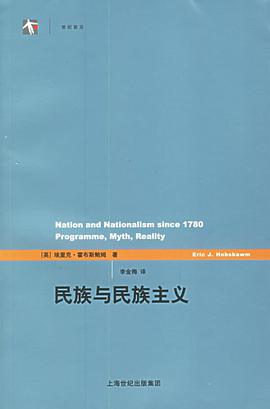There are outstanding studies of nationalism as a history of nationalistic ideas, as in the writings of Hans Kohn; there are competent descriptions of nationalism as a force in politics, as by the Study Group of the Royal Institute of International Affairs headed by Edward Hallett Carr; and there are important works organizing the many facts about nationalism in terms of some particular problem, such as Quincy Wright's monumental Study of War. But there has seemed to be no answer to the question why nationalist ideas met with wide and strong response at certain times and places, and with almost no response at others.
In certain areas, economic growth has led to national unification; in others to greater national diversity. Why did national sentiments develop in one direction but not in the other? In certain cases, individuals can and do change from membership in one people to membership in another; in other situations they seem almost powerless to do so, and nationality appears as if it were some objective fact beyond the decisions of individuals.
What, then, is ethnic nationality? Under which conditions will a government or a political organization find it an asset? Under which a liability? What is the relation of this nationalisty to economic life, to incomes, opportunities, and expectations? And how may it become so important to individuals as to override their economic interest and even their interest in self-preservation?
To make a beginning at answering these questions we need studies about objective as well as the subjective sides of nationalisty, and about the long-run trends of national assimilation or differentiation.
The present study represents an attempt toward such a theory.



